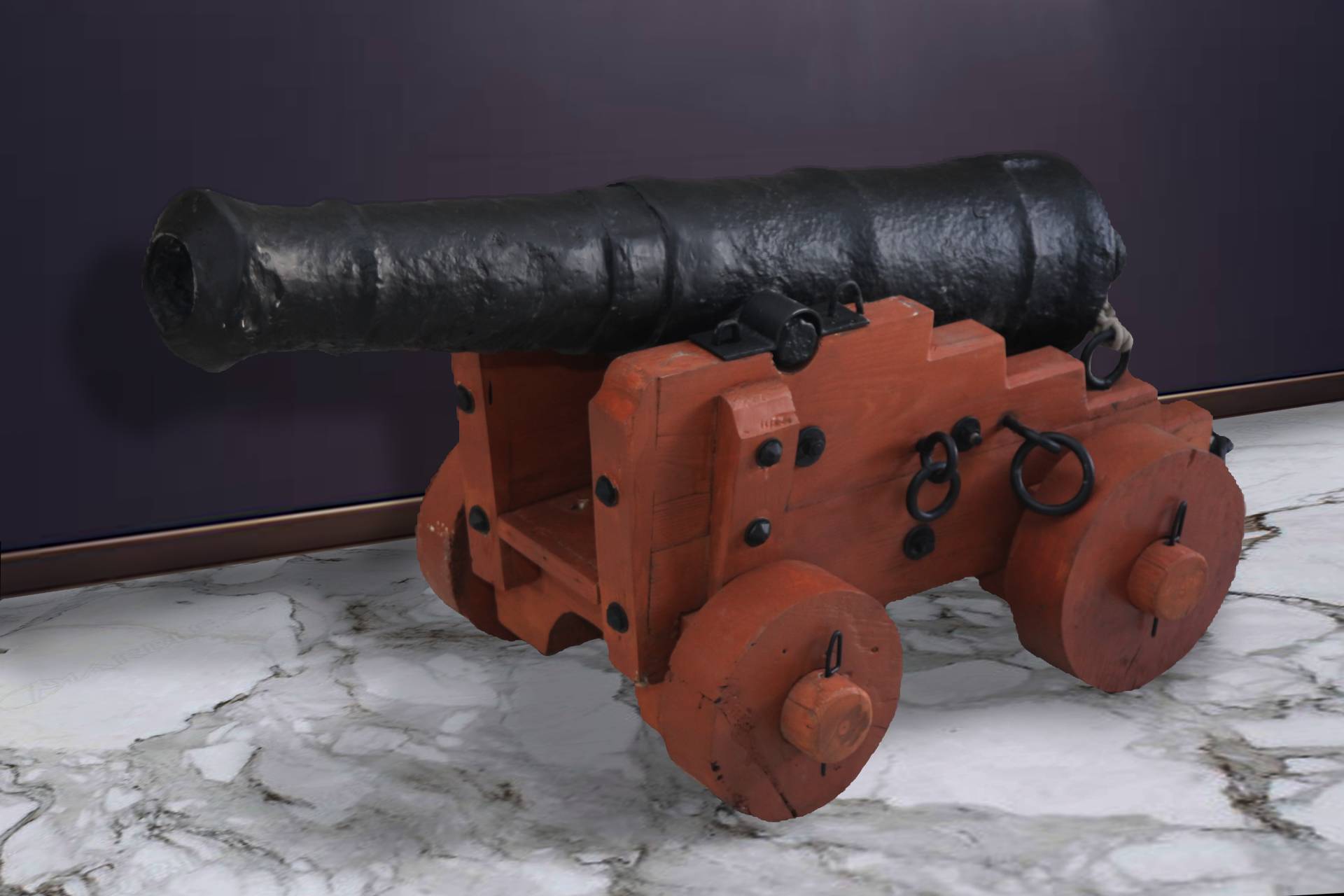The answer to the Revolutionaries quest for a way to battle the united Ottoman Egyptian forces came in the form of innovation and technology. Lord Frank Abney Hastings a British aristocrat and naval officer was obsessed with the use of steam to propel ships, particularly warships and the use of advanced guns to fire red hot cannon shots. Hastings argued that steam warships that could attack with direct shells and hot shots could balance the might of the Ottoman and Egyptian Ships of the Line and of course Frigates and Corvettes. Hastings’ plan was adopted by the Revolutionaries and led to the acquisition of Corvette KARTERIA (PERSEVERENCE) the first steam warship to participate in sea battles and war operations.
During battle KARTERIA had two main advantages. First she could maneuver with a speed of 7 knots in any direction without wind. Second she could fire iron sots heated in the ship’s boilers that had a destructive impact on their targets much more effective than that of guns used at that time. Conventional warships at that time would have an average cost of 63.000 English Pounds and needed a crew of 900 sailors while KARTERIA costed 15.000 English Pounds and needed a crew of 150.
The Greek Administration ordered the construction of six steam warships in total, however only one was delivered to the Revolutionaries. The steam engines were the responsibility of British engineer Alexander Galloway whose son was an engineer in the shipyards of Egypt. There is no actual evidence in our knowledge at the moment, but it would not be a far reaching assumption that fear about his son affected Galloway’s effectiveness to deliver the steam engines.
The contribution of Lord Hastings in the acquisition and participation of KARTERIA in the war against the Ottomans and the Egyptians was fundamental.
Not only was he a great visionary and designer he also spent a big part of his fortune to complete and operate the ship as her Commanding Officer during operations and battles. Only in 1827, KARTERIA fired 18000 cannon shots and in the Battle of Itea sank 9 Ottoman ships by herself. Lord Hastings had a leading role in the operation to recapture Messolonghi but unfortunately during the operation he was severely wounded in action and shortly after he passed away on June 1, 1828.
“The cannon is a donation of the Admiral’s (ret.) Manolopoulou family.”
















